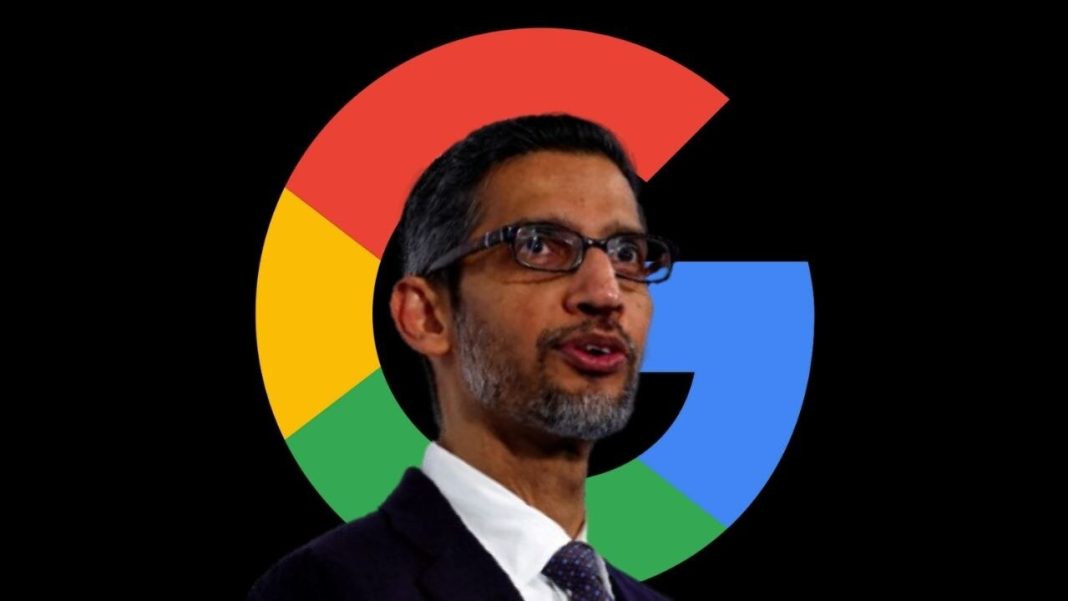Key Takeaways
- Google CEO Sundar Pichai admits OpenAI’s ChatGPT launch triggered an internal “code red” at Google
- Google had its own AI chatbot ready but delayed launch due to caution over reputational risk
- The company responded with Bard (now Gemini) in March 2023, marking its formal re-entry into the AI race
When OpenAI launched ChatGPT in late 2022, it sent shockwaves through the tech industry and forced Google into a major strategic shift. CEO Sundar Pichai has now revealed that Google was actually developing similar technology but held back due to caution.
The “Code Red” Moment
At Salesforce’s Dreamforce conference, Pichai candidly acknowledged OpenAI’s achievement. “But you’re right, credit to OpenAI, they put it out first,” he admitted. This triggered what insiders called a “code red” within Google, leading to team reshuffles and accelerated AI development.
Pichai described feeling excitement rather than panic when ChatGPT launched. “I knew the window had shifted,” he said, viewing it as an opportunity that forces companies to evolve or risk irrelevance.
Google’s AI Was Ready But Delayed
Contrary to popular perception, Google had its own conversational AI technology waiting in the wings. “We knew in a different world, we would’ve probably launched our chatbot maybe a few months down the line,” Pichai revealed.
The delay wasn’t due to technical capability but Google’s cautious approach. Pichai admitted the company was wary of “reputational risk” that came with rushing out generative AI before thorough testing.
Bard’s Entry and Google’s Response
In March 2023, Google debuted Bard, its AI chatbot that later evolved into Gemini. This marked Google’s formal re-entry into the AI conversation and demonstrated its refusal to let others define AI’s future.
The company poured resources into its AI roadmap, transforming the initial urgency into a renewed mission. While teams worked at blistering pace behind scenes, public messaging remained deliberate.
Pichai’s reflections highlight the high-stakes AI rivalry where even industry giants must move quickly or risk being outsmarted by newcomers.




